Using by-products and flavors to turn buffalo meat into premium beef
Recently, the Hanoi Market Management force coordinated with the police to inspect the Hida Food Joint Stock Company factory (Hoai Duc) and discovered the act of injecting by-products to create fat marbling, "magically" transforming Indian buffalo meat into Hidasan beef, selling at many times higher prices.
Specifically, the owner of this business bought poor quality buffalo meat, imported from India for 120,000 VND/kg, then put it into the production line to inject a mixture of white powder to create grain, packaged the product and labeled it as beef. From there, the "fake beef" was sold on the market for up to 400,000-600,000 VND/kg.
Not long before, Phu Tho Police inspected MQ Food Company Limited and discovered more than 30 tons of frozen buffalo and pork meat imported from India, most of which were of unknown origin. Since 2020, this company has used more than 1,000 tons of this meat to produce 400 tons of dried meat, earning more than 100 billion VND.
The continuous discovery of cases shows the worrying reality in the food market: Many establishments are "magically" transforming cheap meat into high-end products to make illegal profits. By using tricks such as marinating with additives, injecting chemicals to create fat marbling, using beef, buffalo, chicken flavorings, even cheap meat scraps can easily be transformed into high-end products.
In fact, the price of imported buffalo meat and pork, especially from India and Brazil, is often much cheaper than the price of domestic beef. This difference creates a huge profit margin, causing many businesses to find ways to "magically" turn buffalo meat into beef to sell at a higher price.
Imported meat is increasingly popular.
According to data from the Import-Export Department ( Ministry of Industry and Trade ), in the first 7 months of the year, India was the largest supplier of meat and meat products to Vietnam with 95,500 tons, worth 334.51 million USD, equivalent to about 3.5 USD/kg (85,000-90,000 VND/kg). India is currently the largest supplier of buffalo meat to Vietnam.
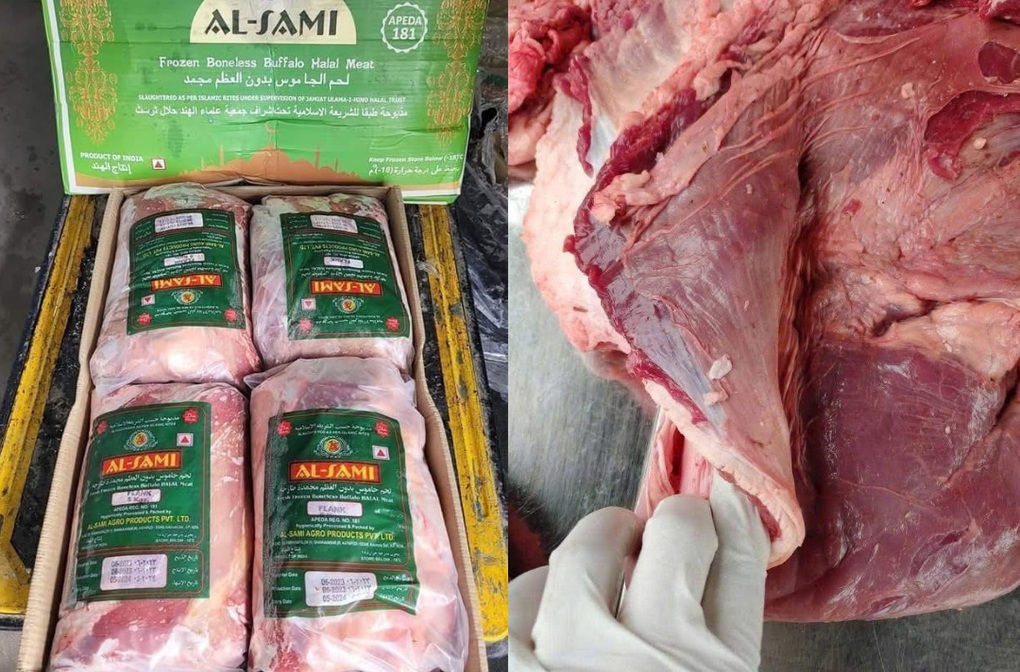
Frozen Indian buffalo meat is being sold cheaply online (Photo: Screenshot).
Regarding pork alone, in the 7 months, Vietnam imported 86,100 tons of chilled or frozen meat, worth 230.76 million USD. The average import price of pork to Vietnam was 2,676 USD/ton (more than 65,000 VND/kg). Frozen buffalo meat accounted for 16% and pork accounted for 16.1% of Vietnam's total meat imports.
Records on online market groups show that frozen buffalo meat from India is sold at very cheap prices, ranging from 70,000 to 140,000 VND/kg (depending on the type). Of which, buffalo brisket costs 73,000 VND/kg, buffalo rolls cost 85,000 VND/kg, corned beef costs 132,000 VND/kg, and buffalo loin costs 120,000 to 135,000 VND/kg.
Many sellers confirm that many restaurants and eateries now import buffalo meat to make buffalo jerky, hot pot ingredients, grilled meat, but call it beef... "Buffalo meat after thawing is no different from beef, people cannot tell the difference," a wholesaler of frozen buffalo meat in Ho Chi Minh City shared.
Global problem
In fact, the practice of "magically" transforming cheap meat into high-end products is not only happening in Vietnam but is a global problem. In the US and Europe, a series of restaurants have been exposed for advertising "Kobe beef" or "Wagyu" but in reality, they only sell regular beef or cheap crossbred beef.
For example, in 2016, Inside Edition investigated and discovered that a 3-Michelin-starred restaurant in New York (USA) advertised serving Kobe beef, but actually used cheaper meat.
In Europe, the 2013 "Horsegate" scandal also caused a stir when authorities in Ireland and the UK discovered a series of pre-processed products such as burgers, lasagna, packaged pasta... labeled "100% beef" but actually contained horse meat, some products were 100% horse meat.
Previously, the "meat glue" technology using enzymes to bond meat scraps into a single piece of tenderloin was also banned in many countries due to the risk of deceiving consumers.
In South Korea, beef labeling fraud has also caused public outrage. Many restaurants have been caught relabeling imported or regular meat as Hanwoo beef – a premium domestic beef breed that sells for twice the price of imported beef.
Most recently, in October 2024, a famous buffet hotel in Daegu city was exposed for mixing imported meat with real Hanwoo beef and labeling it all as “Korean beef” to sell at a higher price.
Source: https://dantri.com.vn/kinh-doanh/bao-dong-dung-phu-gia-huong-lieu-bien-thit-trau-thanh-bo-cao-cap-20251018181701428.htm








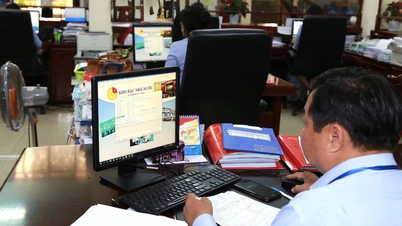

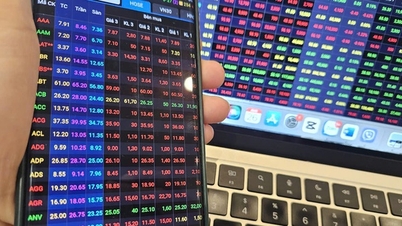

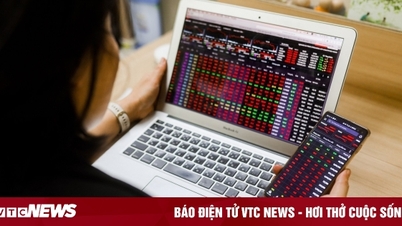










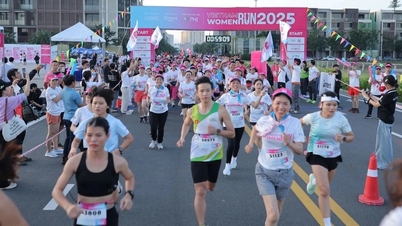
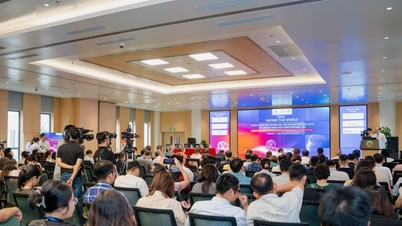


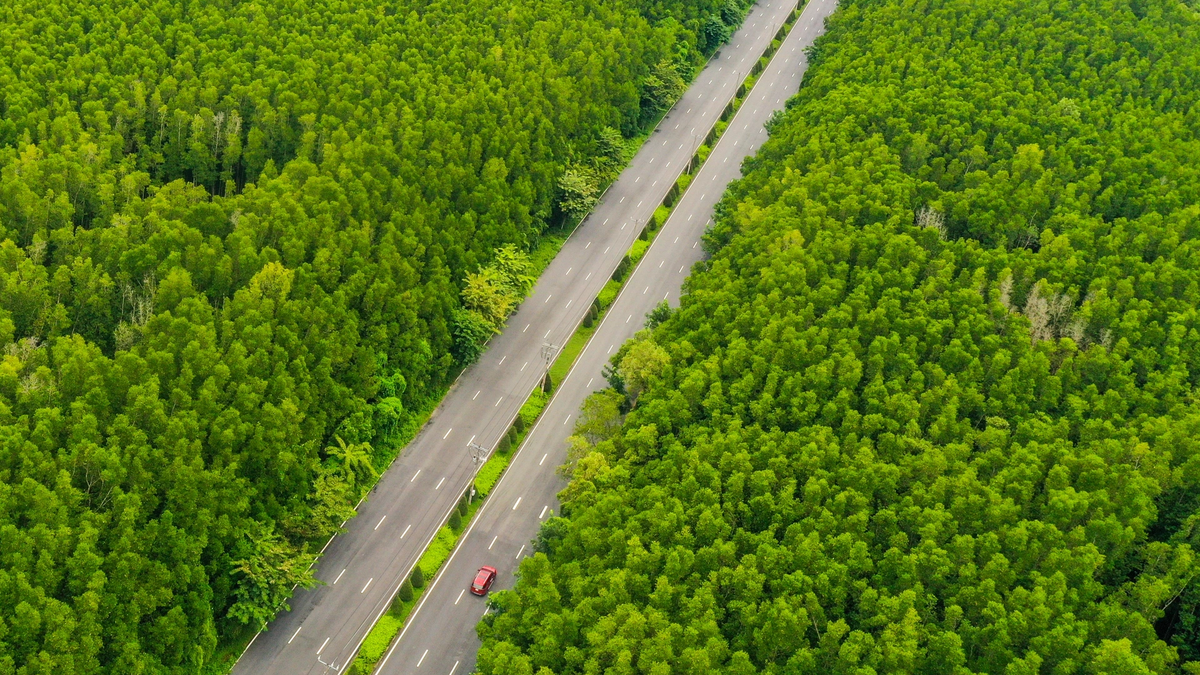
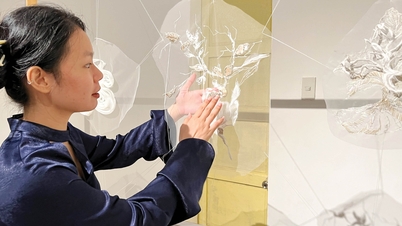

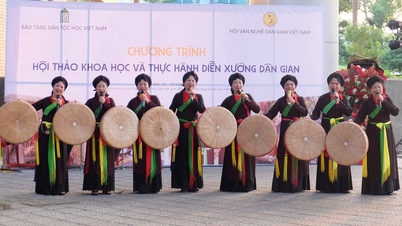



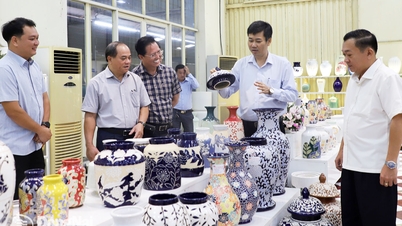










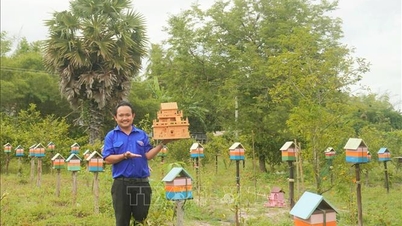



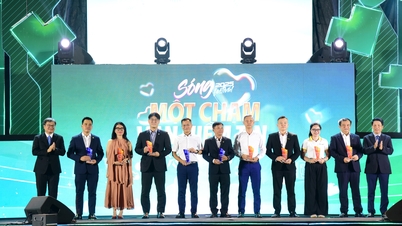












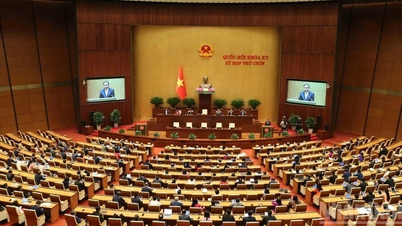



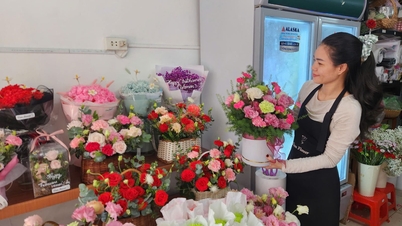



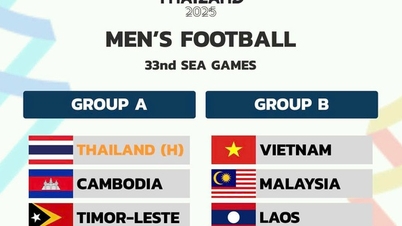

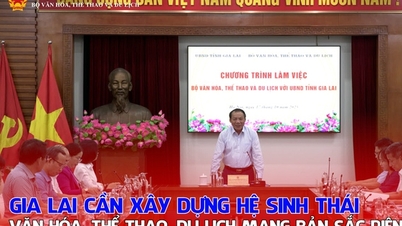
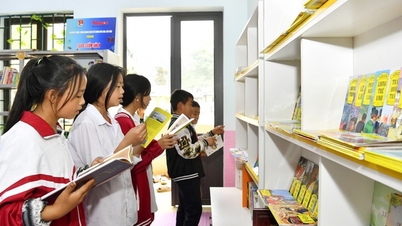

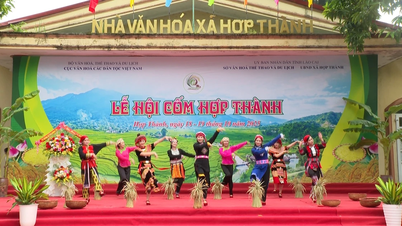

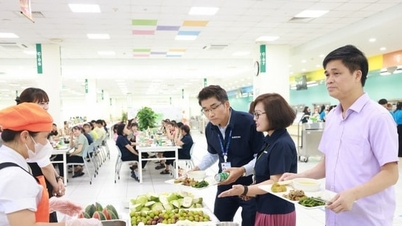

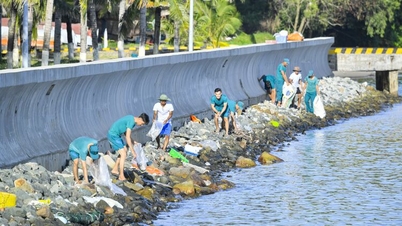

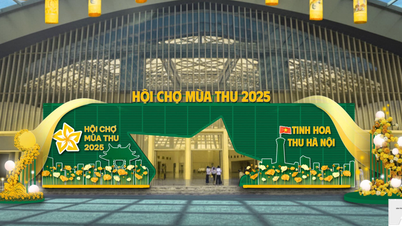


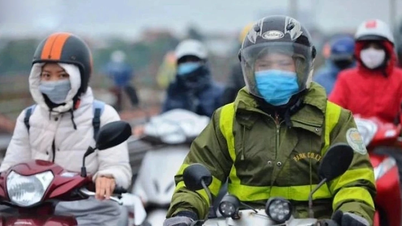









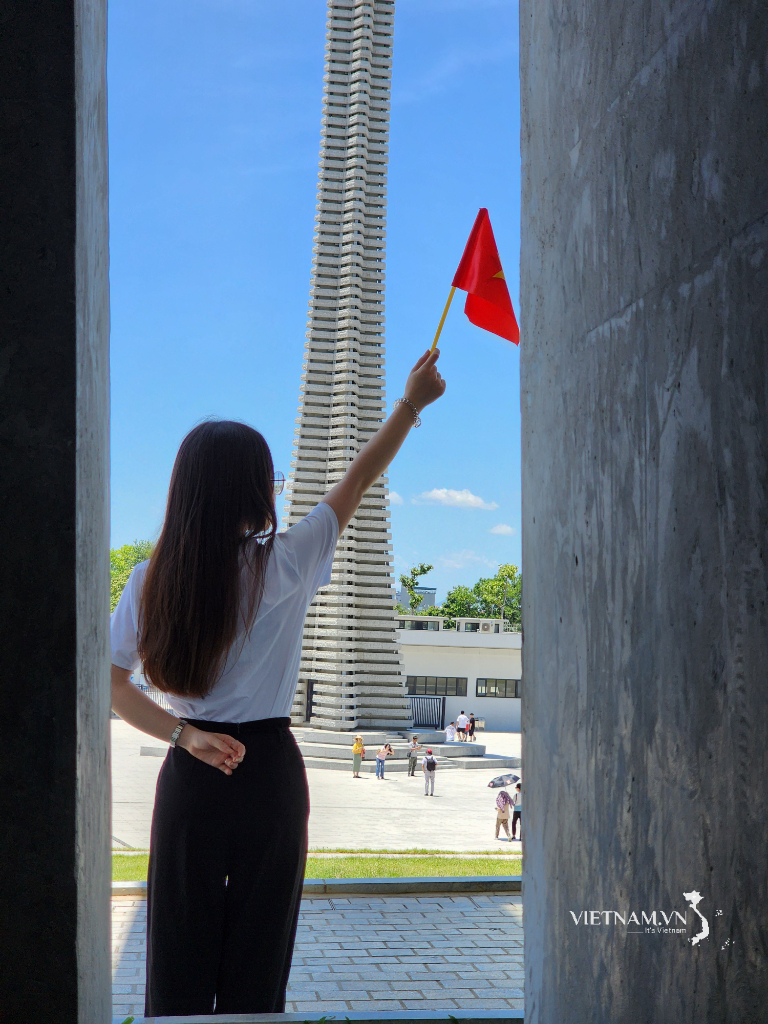

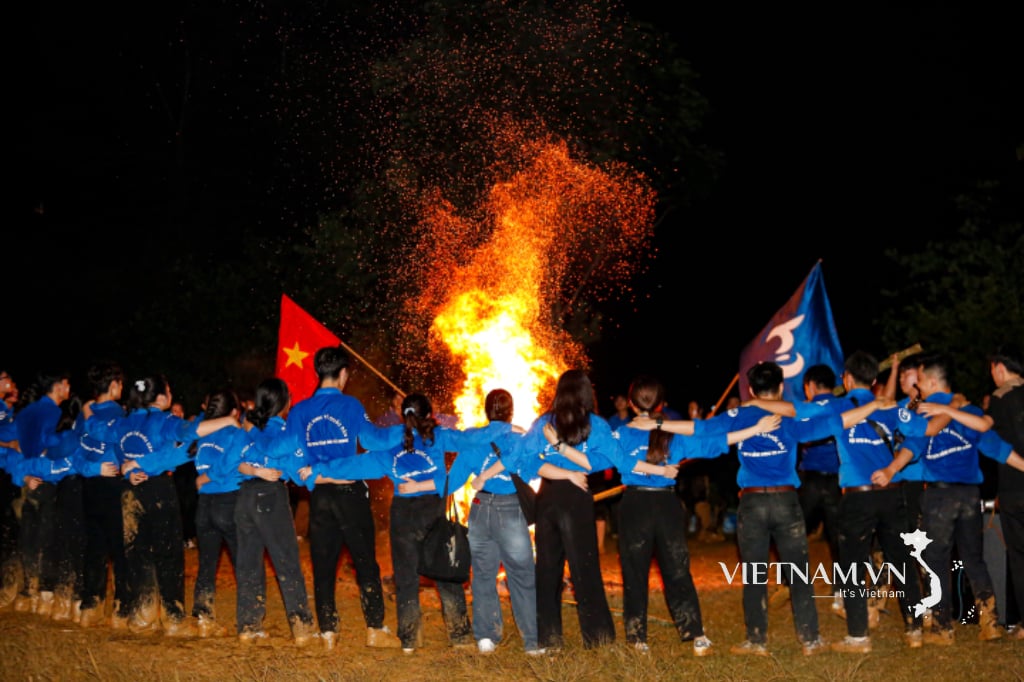
Comment (0)